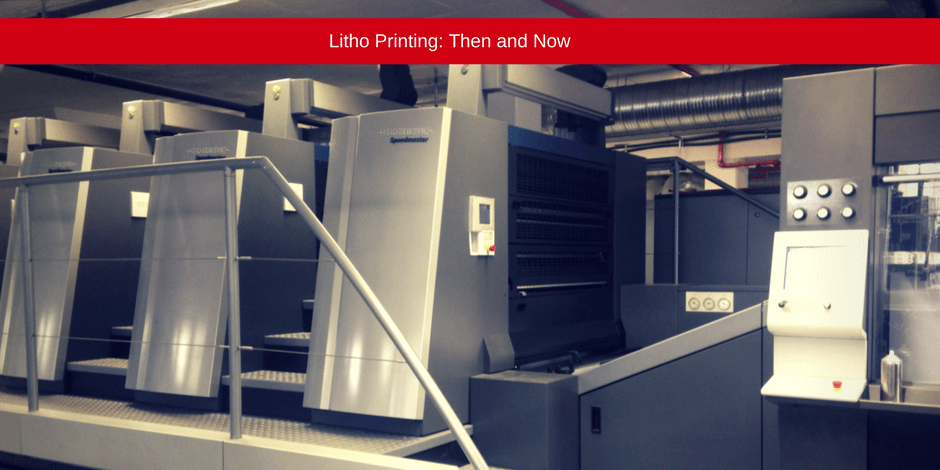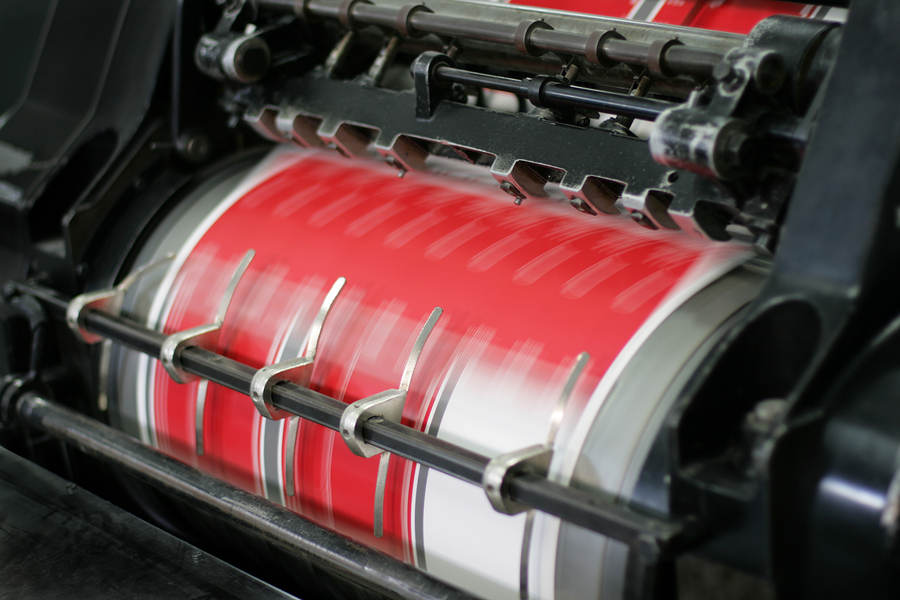litho printing Services with Speedy Turnaround Times
litho printing Services with Speedy Turnaround Times
Blog Article
A Comprehensive Overview to Comprehending Litho Printing Methods
The world of litho printing, a method stemming from the late 18th century, is a fascinating mix of background, development, science and art. This extensive guide will untangle the intricacies of this printing approach, from the structure of litho inks to the challenges dealt with in contemporary applications. As we venture into the complexities of lithography, the value of automation and sustainability in ensuring its future relevance ends up being increasingly clear. Remain with us as we trip right into the exciting realm of litho printing.
The Historic Development of Litho Printing
The historic trajectory of litho printing, a pivotal technology in the world of interaction, is an exciting tale of human resourcefulness. The procedure developed with the advent of the rotating press, which greatly increased performance. Each stage of litho printing's development showcases mankind's relentless search of effectiveness and top quality in visual interaction.
Decoding the Science Behind Litho Printing Inks
Moving forward in the expedition of litho printing techniques, the focus now shifts to the scientific research behind litho printing inks. The structure of these inks, their drying out procedure, and shade mixing methods create the foundation of this complex art kind. Recognizing these aspects is essential to mastering the craft and accomplishing the preferred print results.
Composition of Litho Inks
In lithographic printing, the essential function of litho inks can not be overemphasized. Pigments, the color-providing components, are carefully ground bits put on hold in the vehicle, a fluid that carries the pigment onto the printing surface. Each component plays a vital component in the last print's quality, making the exact formula of litho inks a complex scientific research.
Ink Drying Refine
From the structure of litho inks, focus turns to the interesting process of ink drying out. The drying out process is critical, as it influences the final print's top quality and longevity. Two key methods are made use of in litho printing: oxidative drying and absorption. Oxidative drying out includes the ink reacting with oxygen in the air to form a tough, completely dry film. This method offers a long lasting finish, but can be slower contrasted to absorption. Absorption, on the various other hand, includes the ink seeping into the paper fibers, which is a much faster procedure yet can bring about much less vivid shades. The option in between these methods is reliant upon variables such as print speed needs, the paper type utilized, and the wanted surface.
Shade Combining Techniques
While the drying out process plays a key duty in litho printing, the scientific research of color blending strategies holds equal importance. This is an intricate process that entails the mindful mixing of main colors: cyan, magenta, and yellow, in differing proportions to accomplish a large variety of tones. The addition of black ink, understood as 'vital', aids in regulating the strength and depth of the colors. The science behind litho printing inks likewise takes into consideration the transparency of the ink, which impacts just how colors overlay and mix. To attain a reliable shade mix, print specialists need to likewise understand the complexities of ink actions, color theory, and the physical residential properties of the substratum on which the ink is applied.
The Art and Style Aspects in Litho Printing
Litho printing breathes life right into art and style via its one-of-a-kind components. Litho printing suits a selection of shades, allowing musicians to produce vivid and vibrant prints. This mix of Get the facts precision and versatility makes litho printing a preferred selection for lots of artists and designers.
Modern Applications of Litho Printing Strategies
Litho printing methods have located considerable usage in the modern commercial market. Its influence and significance proceed to grow with the advent of brand-new technologies and technologies in the area. This area will explore these modern applications and the transformative function they play in the printing industry.
Industrial Litho Printing Makes Use Of
In today's electronic age, one might question concerning the relevance of typical printing approaches. Yet, litho printing continues to be an important part of the industrial field. High-volume printing jobs, such as the manufacturing of books, newspapers, and packaging, depend on litho printing for its ability to supply remarkable picture quality and cost efficiency. The procedure, which involves transferring an inked photo from a plate onto a rubber blanket and after that to the printing surface, supplies unequaled consistency. This makes it ideal for jobs requiring a huge print run. Litho printing also gives a broad color spectrum, exceptional to that of electronic printing. This makes it the go-to selection for projects that require vibrant, top quality shade recreation.
Innovations in Litho Printing
Pushing the limits of traditional techniques, modern developments have actually fueled a host of technologies in litho printing. These advancements have not just improved the high quality and performance of litho prints however also expanded its application range. One popular advancement is digital litho printing, which integrates the virtues of digital technology with litho's high-quality result. This crossbreed version uses faster configuration times, reduced waste, and makes it possible for on-demand printing. An additional noteworthy advancement is the introduction of eco-friendly inks. These inks, made from vegetable or soy-based services, have actually dramatically minimized the industry's ecological impact. litho printing. Furthermore, the advancement of advanced plate modern technology has streamlined the printing procedure, leading to sharper images and improved color integrity. These technologies highlight the long-lasting importance of litho printing in the modern globe.
Exploring the Process of Litho Printing: Step by Action

Obstacles and Solutions in Contemporary Litho Printing

Regardless of the precision and tradition that litho printing proudly upholds, it is not without its collection of modern difficulties. The most widespread concerns consist of the high first configuration cost, trouble in printing variable information, and ecological concerns because of chemical use. However, solutions are becoming modern technology develops. Digital litho printing allows for cost-effective brief runs and easy modification, dealing with the problem of variable data. Environmentally-friendly inks and safer plate-making procedures site here reduce ecological problems. In addition, improvements in automation have actually lowered labor costs, further equalizing the lithography process. Hence, while there are challenges, the litho printing sector is proactively adjusting to fulfill them head-on, ensuring its relevance in the future.
Conclusion
In conclusion, litho printing, with its rich history and scientific ins and outs, holds a considerable location in the print industry. The future of litho printing hinges on its capacity to adjust to these altering needs, attesting its long-lasting value in an evolving market.

Report this page